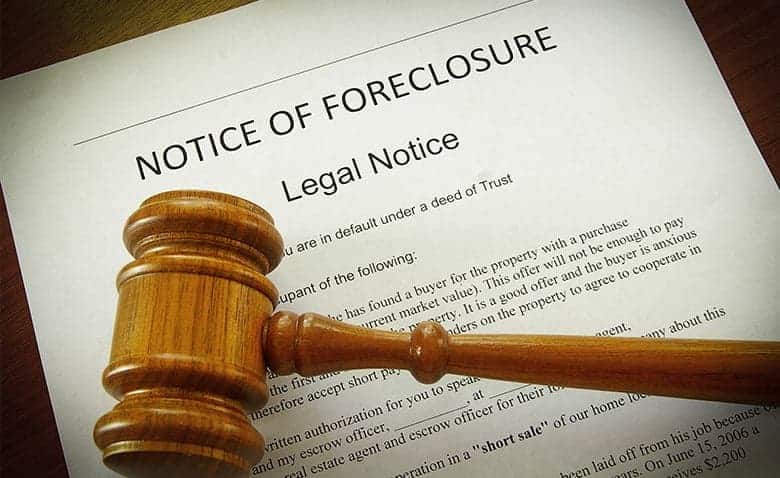Foreclosures and bankruptcies are usually handled separately. The former refers to the process that lenders utilize to reclaim their dues in the event of default, whilst the later provides debtors with a way to pay off their debts. In some cases, declaring bankruptcy might help borrowers keep their houses. When a debtor decides to file for bankruptcy while a foreclosure is already ongoing, both methods are frequently used at the same time.
If you are at risk of losing your house to foreclosure, filing for bankruptcy before the foreclosure process is completed may be beneficial. This, however, is contingent on your capacity to continue paying mortgage payments in the future.
Using an Automatic Stay to Postpone Foreclosure
Foreclosure procedures are temporarily halted when you file for Chapter 7 or Chapter 13 bankruptcy. However, this does not always result in a permanent halt. Only if you show that you can repay the mortgage will you be put on a permanent hold. The temporary respite comes in the form of a court order that puts a stop to the foreclosure process.
Consider the following scenario: your mortgage company has decided to sell your home. The next step is to petition for Chapter 7 bankruptcy. This causes the sale to be legally postponed until the bankruptcy process is finished, which normally takes three to four months. Mortgage lenders, unfortunately for borrowers, have the option of filing a motion in court to have the automatic stay lifted. If you accept, you will forfeit the additional time. Even this process can take a month or two, which helps.
Foreclosure or Bankruptcy?
If you’re unsure whether you’d be better off filing for bankruptcy or going through foreclosure, consider your current debt, income, and spending. If you decide to file for bankruptcy, you must first speak with an attorney who will begin the process on your behalf. The process of foreclosure is started by your lender.
When You File For Bankruptcy, What Happens to Your House?
If you don’t have enough money to pay your mortgage after filing for bankruptcy, you could lose your home. If the proceeds from the sale of your home do not satisfy your obligation, you will not be responsible for the remaining balance because your bankruptcy cancels your debts. If you are able to continue making mortgage payments, you may be able to keep your home.
What Are the Benefits of Filing for Chapter 13?
When you file for Chapter 13 bankruptcy, you are given the option of repaying your arrearages or outstanding payments over the period of five years through a repayment plan. You must, however, have sufficient income to cover both your arrearage and your current mortgage. If you can stick to the payments schedule, you will be able to keep your home.
If you have a second or third mortgage on your house, Chapter 13 may be able to assist you pay them off. This occurs when the value of a home decreases and the full worth is used to secure the first mortgage. A bankruptcy court may categorize the subsequent mortgages as unsecured debt because you may no longer have any equity in the house to secure them. This form of debt is given the least amount of importance, therefore you may be able to postpone paying it back.
Conclusion
Start by analyzing whether you can prevent bankruptcy and foreclosure in the first place if you think you’re in financial jeopardy. However, don’t put off seeking expert help for too long, as help may become more difficult to come by later. If you’re unsure how to proceed, you should speak with an attorney who specializes in debt-related disputes as soon as possible.

